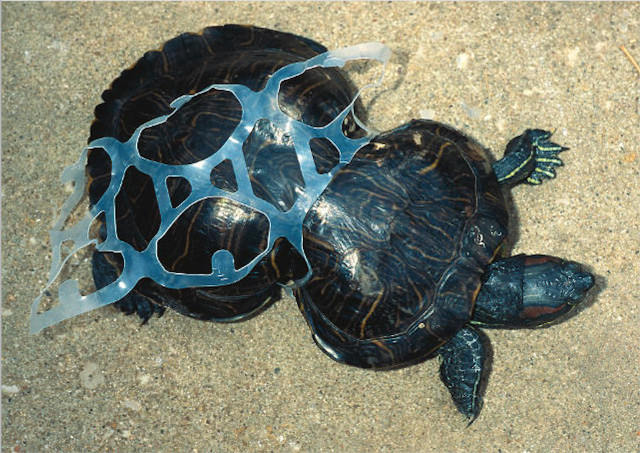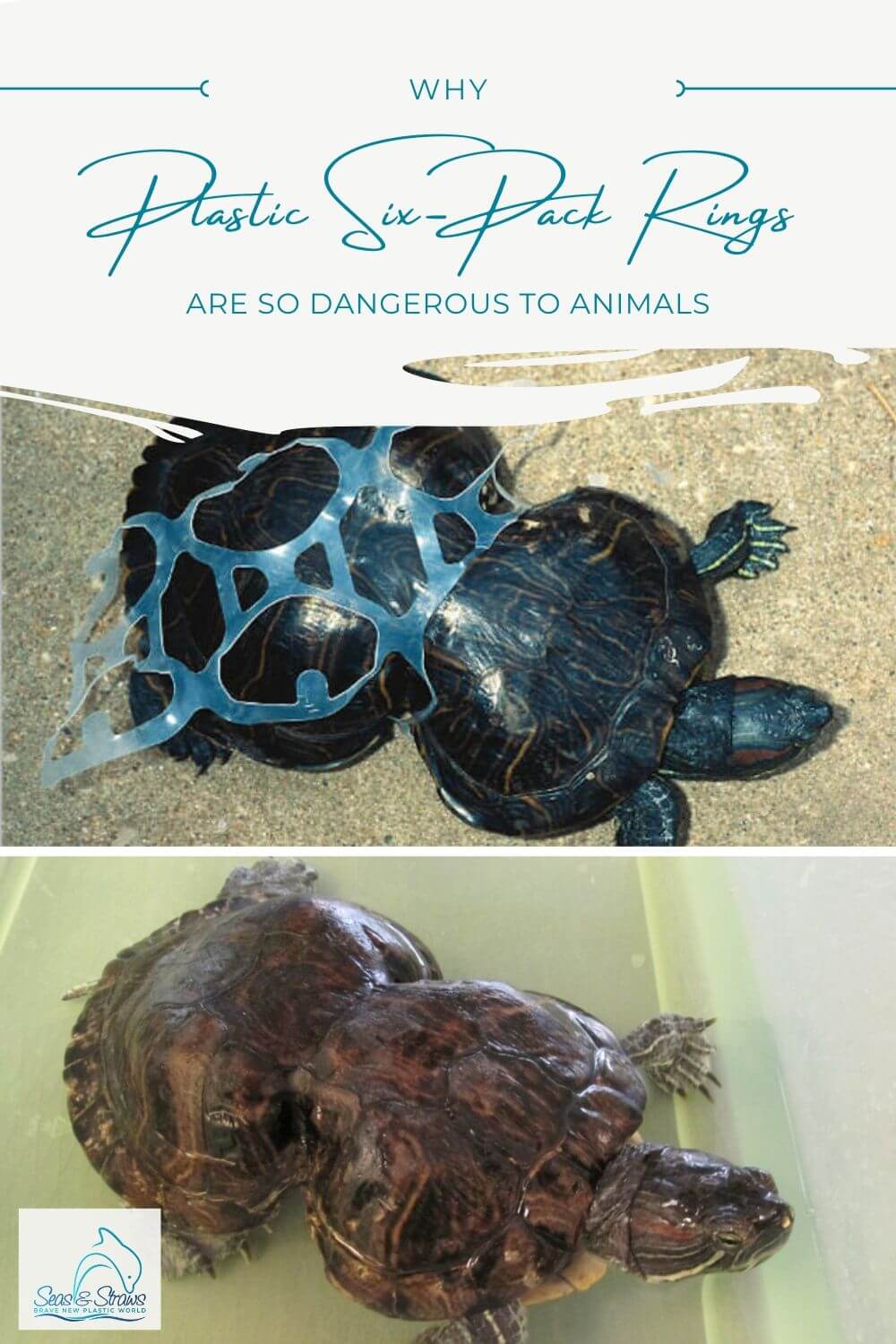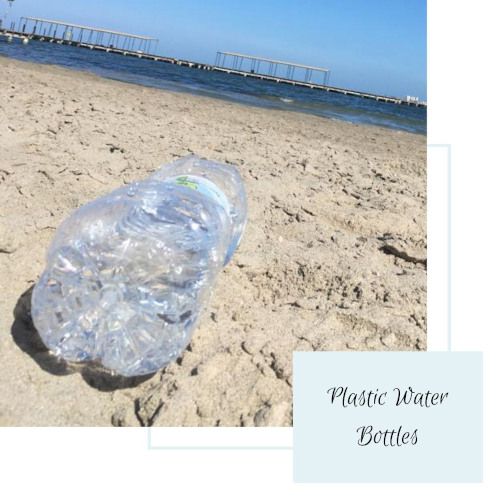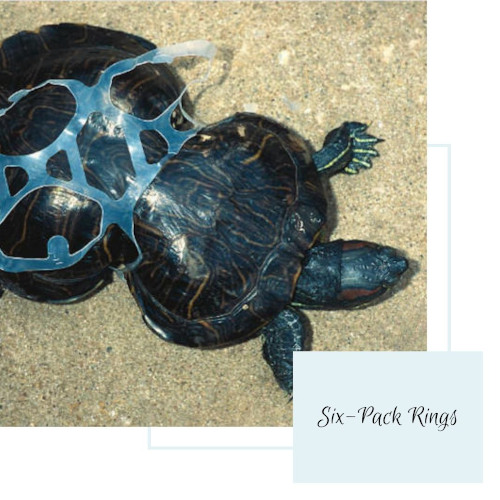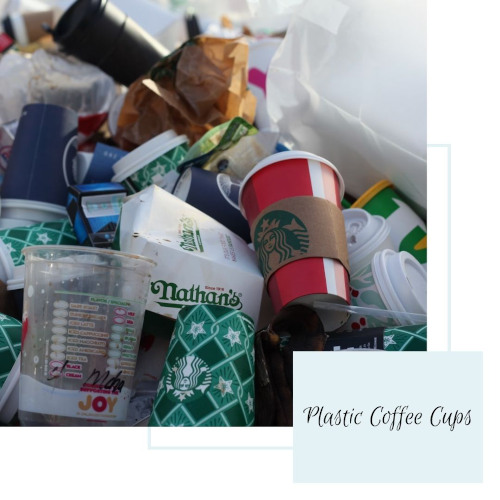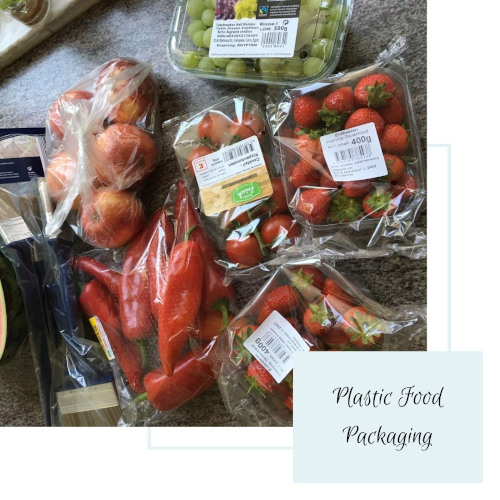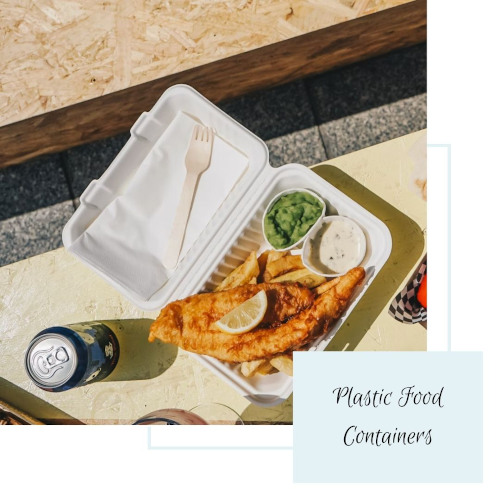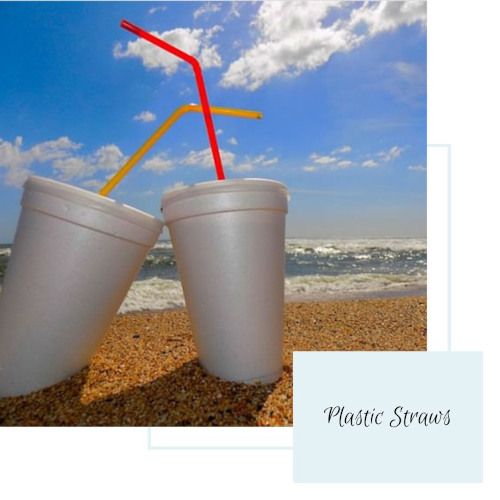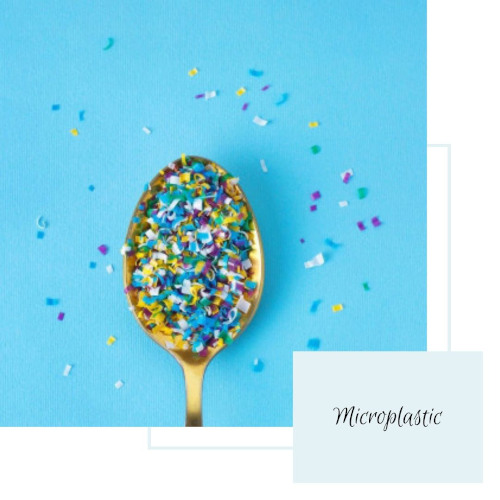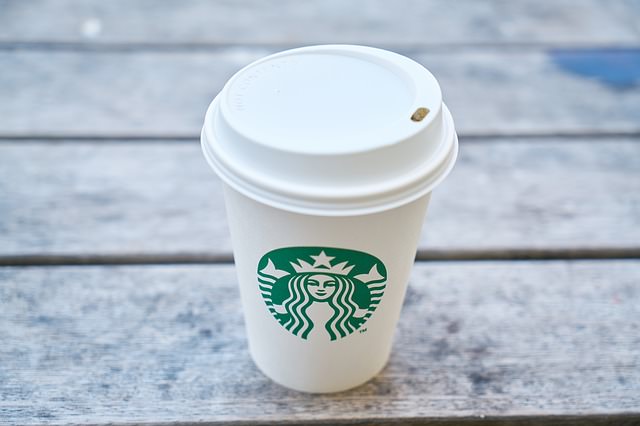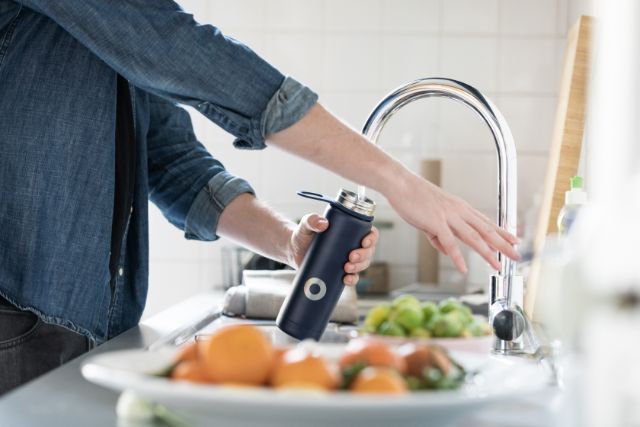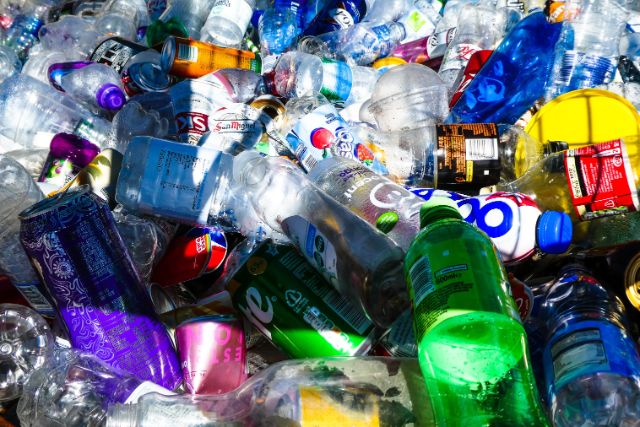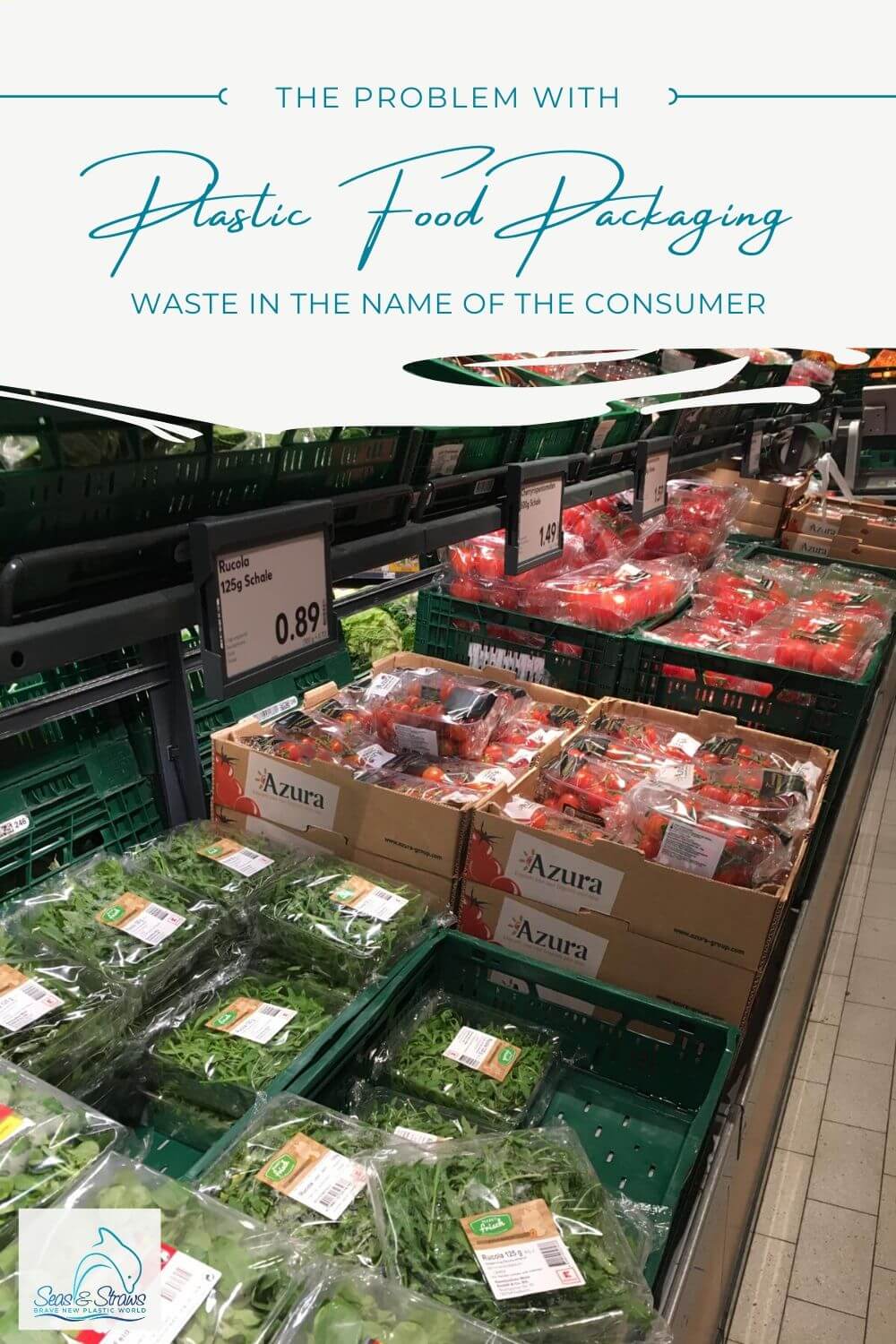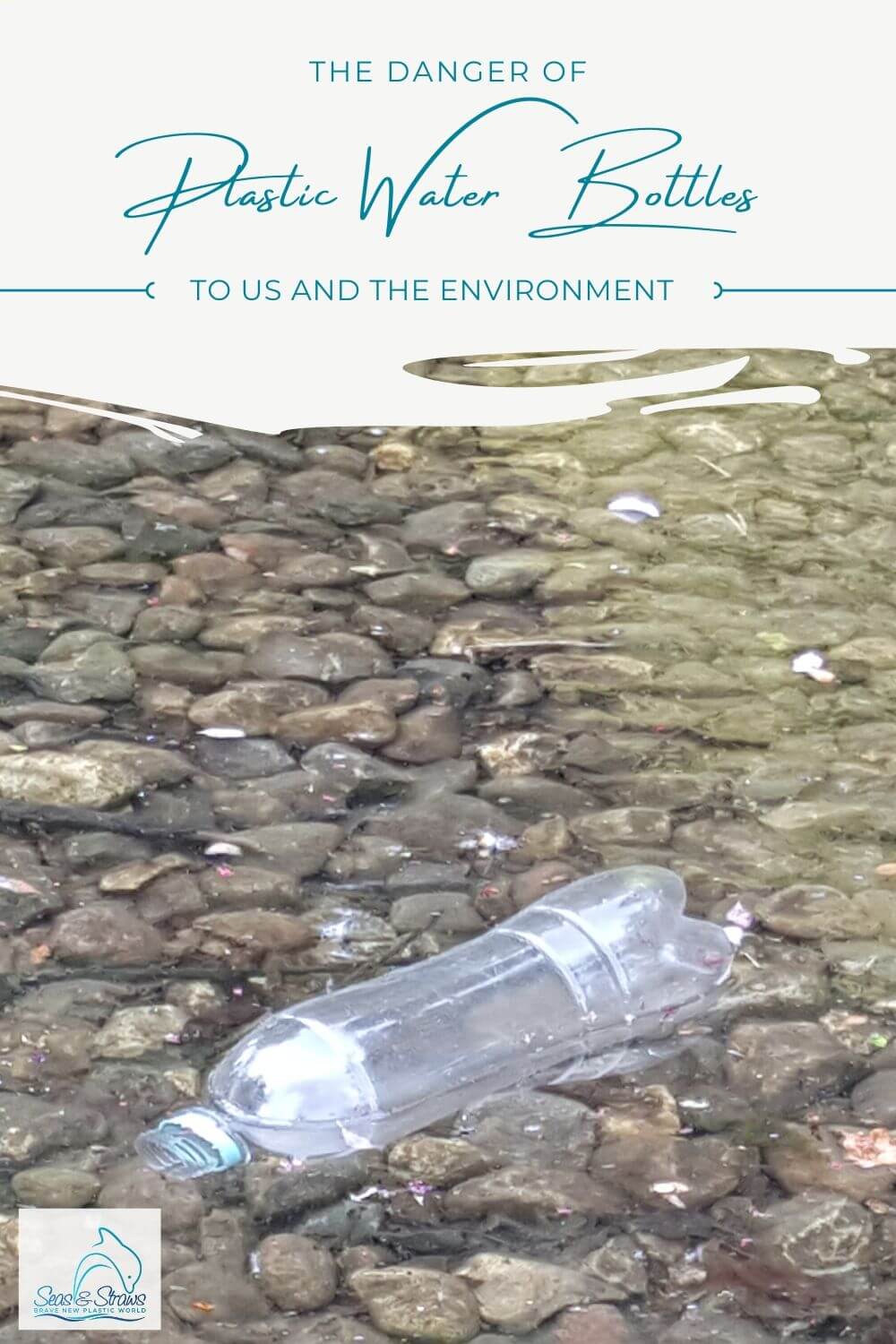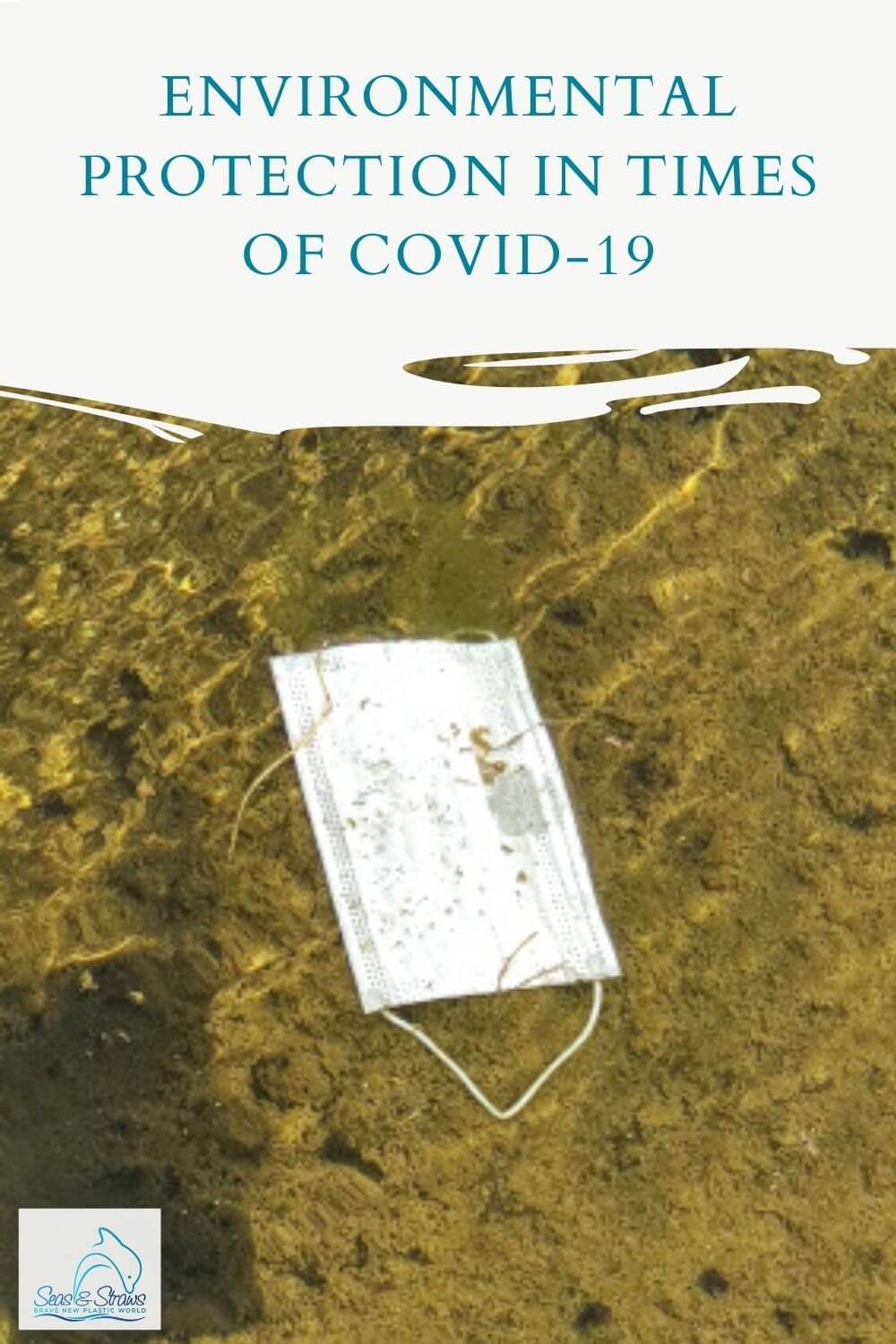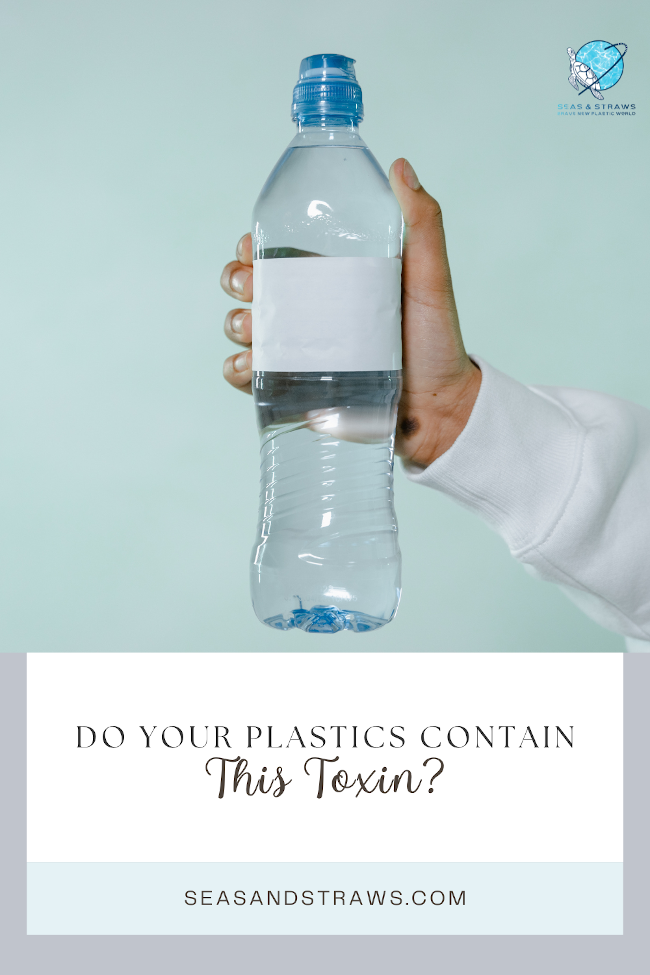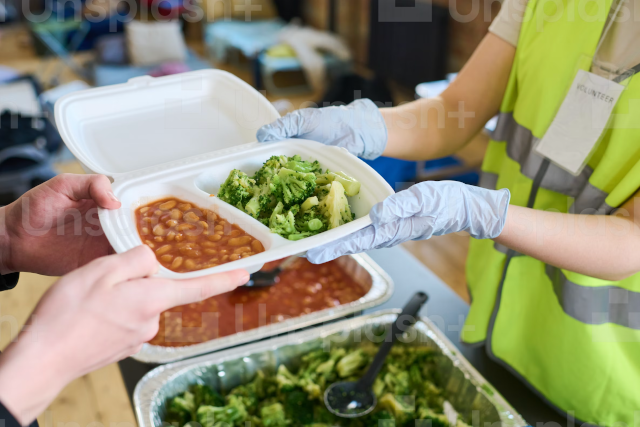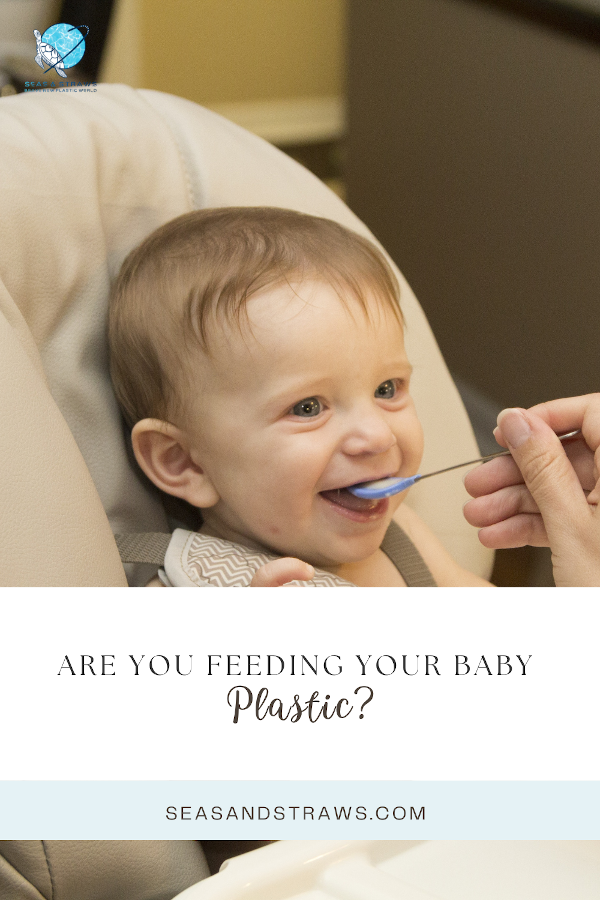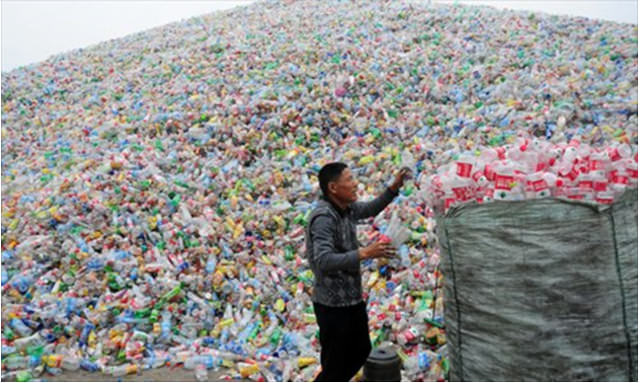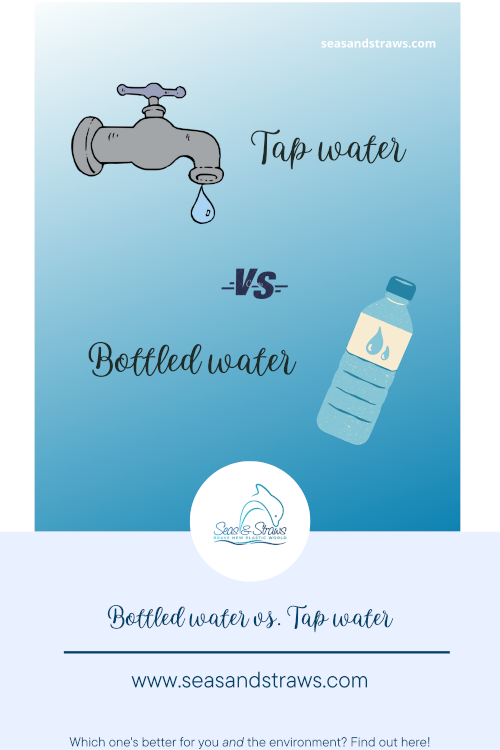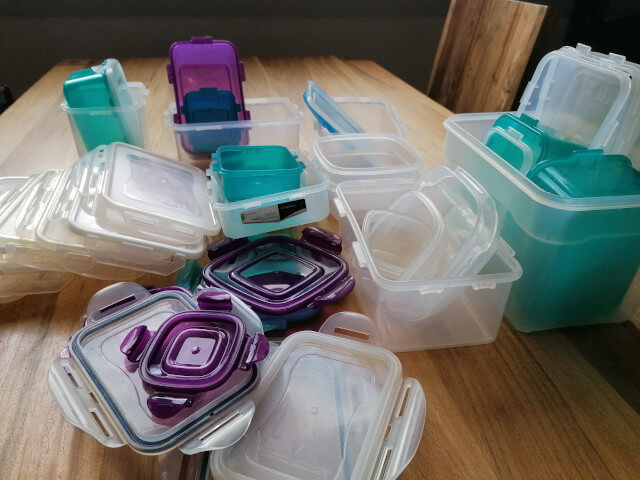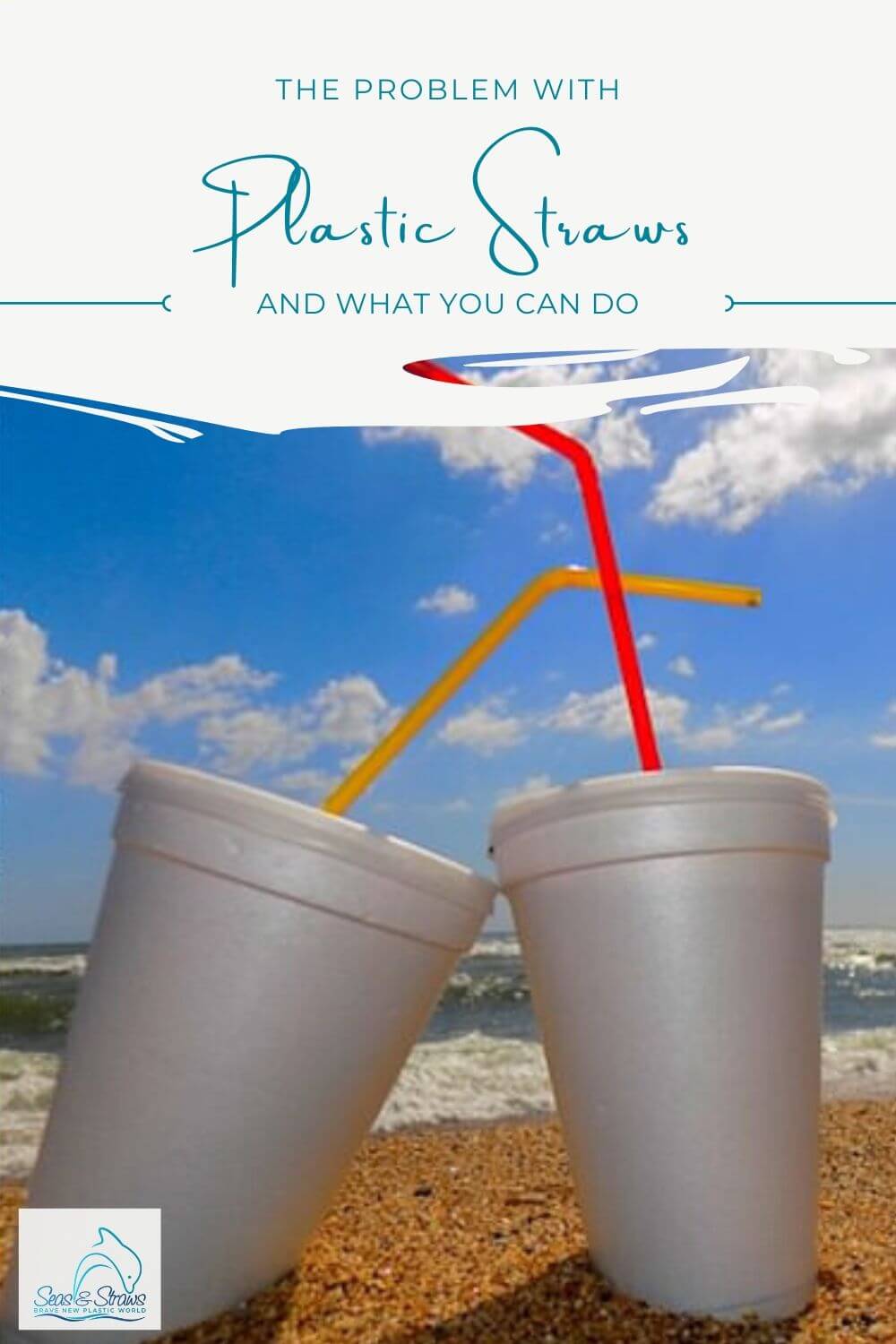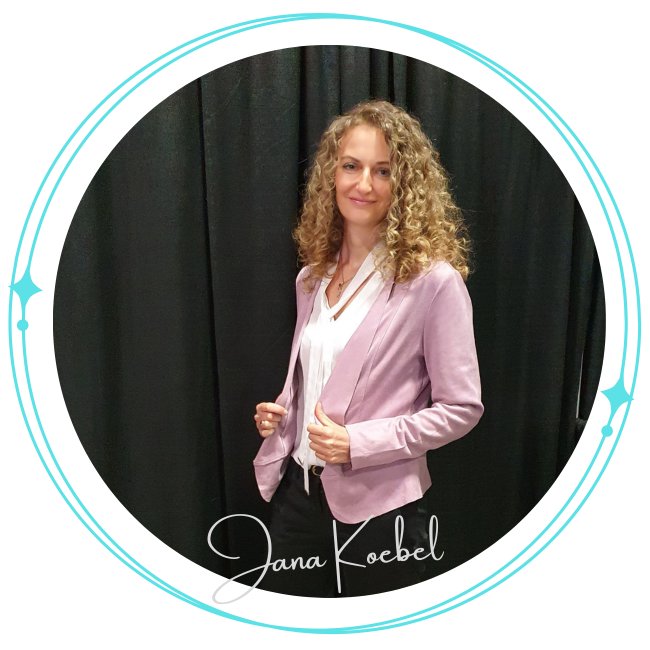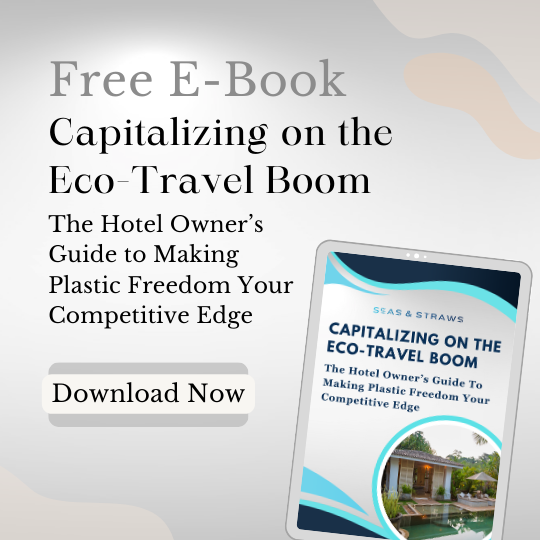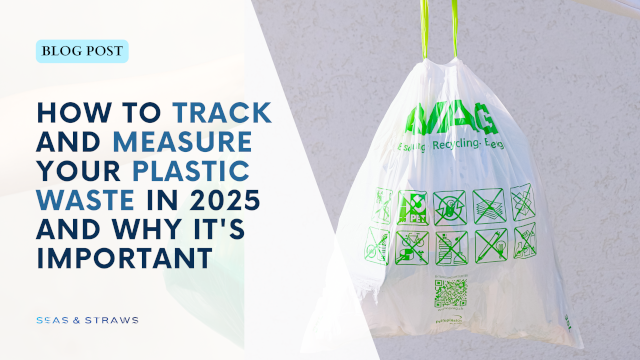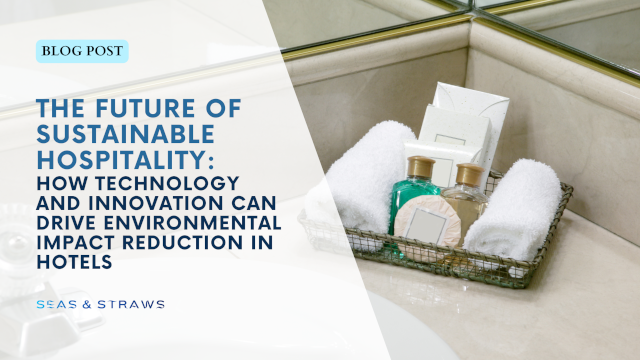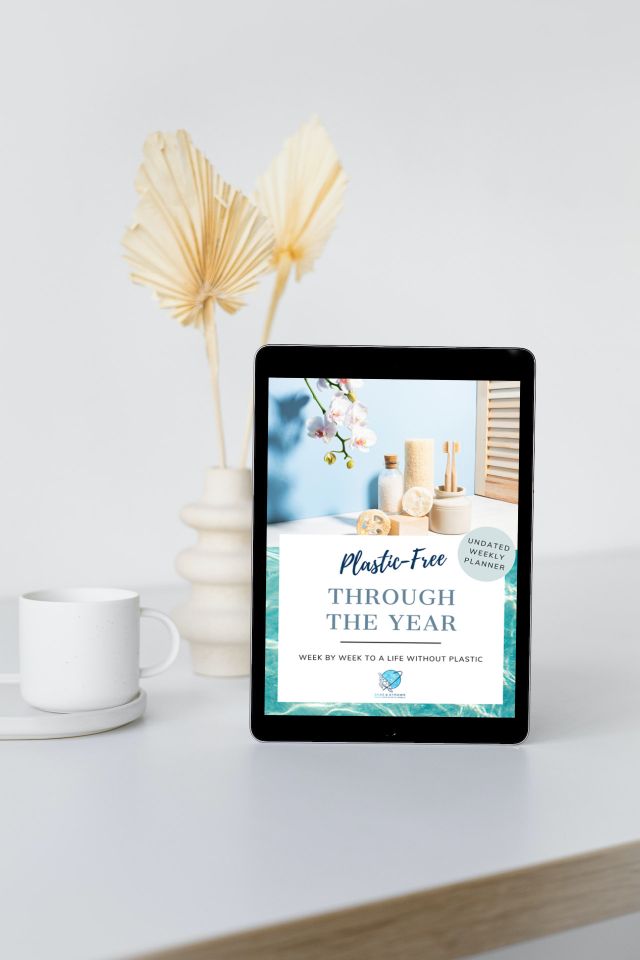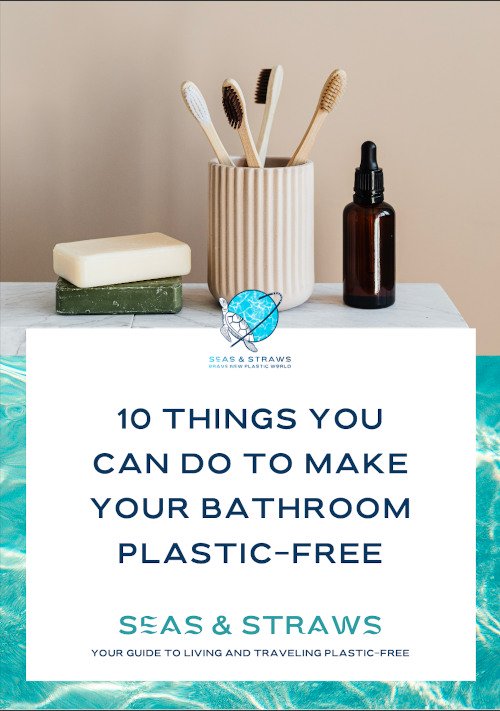- Home
- Plastic at Home
- Plastic Recycling Codes
- Six Pack Rings
Why six-pack rings are more dangerous than you think
This is Peanut the freshwater turtle. When she was little, she got stuck in a six-pack ring and wasn't able to free herself. As she grew, the unyielding plastic forced her shell to warp around it. Peanut got lucky, she was rescued. Because some of her inner organs are underdeveloped and don't function properly, she has to spend the rest of her days in captivity. At least she's alive.
So many other marine creatures are not.
Six-pack rings may not be the most common of all plastic debris floating in the ocean, but once they are in the ocean, they are all the more dangerous to marine life.
How Do six-pack rings enter the ocean?
Like most marine debris.
Canned beer is very popular at beach parties or picnics and most cans and their packaging are not properly disposed of. They are also very lightweight and are easily blown from bins or landfills.
By the way, they consist of recycling code 4 LDPE so they are not recyclable.
Invented in the 1960s, plastic six-pack rings quickly replaced paper and other forms of beer or soda can holders. A mere 10 years later, in 1970, they were already cited as "a particularly dangerous form of marine litter" due to their aptitude to entangle or strangle marine animals. Since 1989, six-pack rings in the US have to be photodegradable by law, meaning they have to degrade in sunlight within 60 - 120 days.
And they do.
But things behave differently in the ocean and the degrading process takes a lot more time.
Secondly, photodegradable does not mean biodegradable. Plastic is still plastic and never vanishes, it only breaks down into ever smaller pieces until it reaches microplastic level. Along the way, it is ingested by animals of all kinds and sizes.
Is there a solution?
The obvious would be to completely ban plastic can holders. We don't use them in Germany and things work just as well.
Unfortunately, a ban does not seem to happen anytime soon in the US, so we need a different solution. And here it is:
In 2016, a small craft beer brewery named SaltWater teamed up with fishermen, surfers and people who just love the sea and created a biodegradable, compostable and, most remarkable, edible six-pack ring. Yes, fish, birds and turtles can eat it! It's made from wheat and barley, by-products of the brewing process. Watch the video below to see how it works.
Isn't that great?
There is a downside, though: as the Saltwater Brewery is currently the only beer can company using these edible rings, their beer has become a little pricier. If other breweries joined them, they could become the norm and prices would drop considerably.
How can you help?
Six-pack rings are another unnecessary but deadly invention that you can easily avoid.
Here is what you can do:
1. Don't buy beer or soda in cans. Buy glass bottles instead. They are not only much healthier for you (cans are believed to leach aluminium into the drink), they can also be recycled and re-used. And, of course, they don't come with those dangerous plastic holders.
2. If you have to buy beer in cans, I'd suggest you support the SaltWater Brewery. So far, they are the only ones using edible rings. If the big ones started doing the same, our seas would be a lot safer for animals.
If you do, send me a message. I'd like to know how their beer tastes. :-)
3. If you have to buy the 'normal' beer in cans, please take a pair of scissors and cut every ring, even the small ones. It will not prevent the plastic from ending up in the ocean and being ingsted by animals, but at least it will save some sea animals from getting strangled to death.
4. Of course, always put your trash in the bins, don't leave anything at the beach. It will almost certainly end up in the ocean.
Here's a nice video by 5th grade students studying plastic pollution.
Pin this to raise awareness of the danger of six-pack rings to animals.
The Most Common Everyday Plastic Items
Click on the image to know more.
Resources
